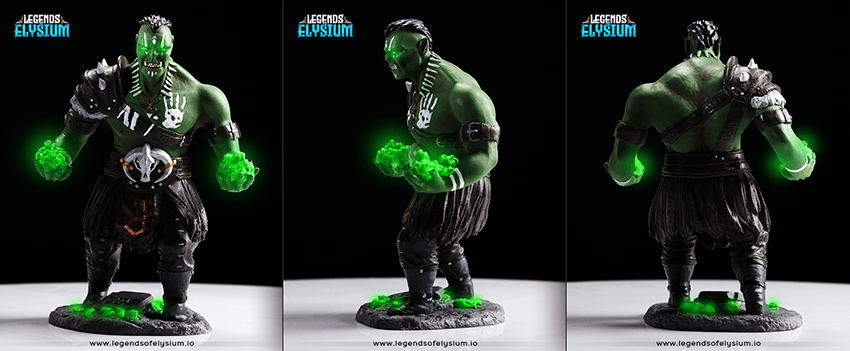The Phygital Revolution in Retail and Gaming – Ralph Lauren and Fortnite Collab
The dawn of the digital era has brought with it a host of changes, not least in the ways we engage with the world at large. One particularly intriguing development is the emergence of the ‘phygital’ trend—a fusion of physical and digital experiences forging something utterly unique. This innovative movement is reshaping a host of sectors, with retail and gaming at the forefront of this evolution, endeavouring to deliver an impeccably seamless mix of the tangible and virtual worlds to consumers.
Virtual Stores Transforming the Retail Scene
Retail’s landscape has been irrevocably altered by the rise of digital storefronts. These aren’t merely a topic of heated discussion anymore; come 2023, they have matured into a pivotal marketing apparatus. Brands are now faced with the task of generating alluring and interactive digital venues for consumers. For instance, fashion frontrunner Lacoste has dived headfirst into this trend, unveiling its second hyper-realistic virtual store for the Summer 2023 collection. It’s a digital milieu replete with gamified activities and exclusive perks, accessible solely via digital tokens, proffering a shopping experience that’s decidedly one of a kind.
In a move that echoes this, the illustrious Ralph Lauren acknowledged Fortnite’s significant cultural sway and entered a partnership with Epic Games to transpose the game’s digital apparel items into the corporeal world. Their recent “Race To Greatness” campaign in Fortnite, paired with a phygital boot release, epitomises their commitment to intertwining the physical and digital domains, delivering a shopping experience that’s utterly immersive.
Phygital Gaming: Elevating Immersion
The gaming sector is similarly experiencing a paradigm shift thanks to the phygital movement. Games are now more than mere pixels on a display; they’re offering players the chance to weave real-world elements into their digital adventures. Take ‘Legends of Elysium’, for example—a game that endows players with the exclusive excitement of blending collection with gameplay. Players scan physical collectables using their smartphones, bringing forth a digital counterpart for in-game application. This flawless integration of physical and digital aspects offers a level of immersion in gaming that is second to none.
Furthermore, the Genesis Sale of Legends of Elysium underscores the game’s dedication to this cutting-edge phygital inclination. Fortunate players who manage to secure the NFT card of the Orc Shaman character Torg Whitehand during the sale will also obtain a tangible collectable figurine. This symbiotic relationship between a digital card and a real-world figure bestows additional rewards, enhancing the gamers’ experience substantially.
The Future is Phygital
The phygital revolution is not a transient fad; it’s a preview of what’s to come for the retail and gaming sectors. With ongoing technological advancements, we anticipate the boundaries between the material and virtual worlds to become ever more indistinct, leading to experiences that are thoroughly integrated and encompassing. Those game developers and brands that comprehend and exploit the potential of this trend are poised to spearhead innovation in their respective fields. By providing consumers with a blend of palpable and virtual experiences, they can form deeper connections and amplify user engagement.
In summation, as the current of the phygital trend continues to surge, Legends of Elysium stands as a radiant exemplar of how games and brands can seamlessly marry the concrete and virtual realms. Their steadfast resolve to furnishing players with a truly unparalleled and enveloping experience positions them as trailblazers in the swiftly progressing domain of phygital gaming.

